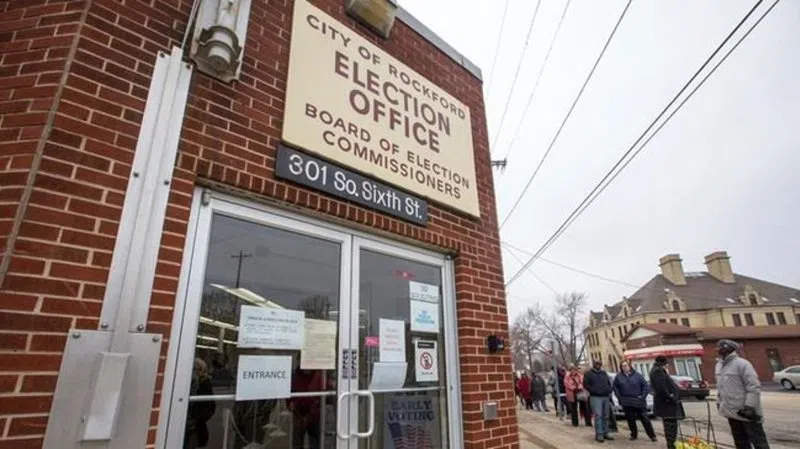
Uncertainty surrounds Democratic primary as Ohio scraps vote
WASHINGTON — The Democratic presidential primary is consumed with uncertainty after leaders in Ohio called off Tuesday’s election just hours before polls were set to open, citing the need to combat the new coronavirus. Officials in Florida, Arizona and Illinois said they would move forward with the vote.
Not since New York City postponed its mayoral primary on the day of the Sept. 11, 2001, attacks has an election been pushed off in such a high-profile, far-reaching way. Ohio Gov. Mike DeWine initially asked a court to delay the vote and when a judge refused to do so, the state’s health director declared a health emergency that would prevent the polls from opening.
The decision was a reminder that the most elemental act of American democracy — voting — will be severely tested Tuesday as several states hold presidential primaries while also confronting the impact of a global pandemic. The contests are playing out as the virus’ impact is becoming more tangible with schools closing across the country, workers staying home and restaurants and bars shuttering.
The U.S. stock market on Monday plunged to its worst day in more than three decades.


